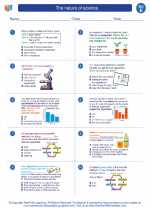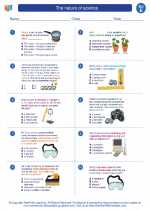Testes
The testes are the male reproductive organs responsible for producing sperm and the hormone testosterone. They are located outside the body in the scrotum, which helps regulate the temperature of the testes for optimal sperm production.
Anatomy of the Testes
The testes are oval-shaped organs about the size of a large olive. They are composed of seminiferous tubules, where sperm is produced, and interstitial cells, which produce testosterone. The testes are also connected to the rest of the reproductive system through the vas deferens.
Sperm Production
Sperm production, also known as spermatogenesis, occurs within the seminiferous tubules of the testes. Immature sperm cells called spermatogonia undergo a series of divisions and differentiations to eventually form mature sperm cells. This process is regulated by hormones such as follicle-stimulating hormone (FSH) and testosterone.
Testosterone Production
Interstitial cells within the testes produce testosterone, which is the primary male sex hormone. Testosterone is responsible for the development of male reproductive tissues and secondary sexual characteristics, such as facial hair and deepening of the voice.
Functions of the Testes
- Sperm Production: The testes produce and store sperm, which is necessary for fertilization.
- Hormone Production: Testosterone produced by the testes plays a crucial role in male sexual development and overall health.
Common Conditions
Several conditions can affect the testes, including testicular cancer, infertility, and hormonal imbalances. It's important to seek medical attention if you experience any unusual symptoms related to the testes.
Study Guide
- Describe the location and function of the testes.
- Explain the process of sperm production in the testes.
- Discuss the role of testosterone in male reproductive health.
- List some common conditions that can affect the testes.
◂Science Worksheets and Study Guides Fifth Grade. The nature of science

 Worksheet/Answer key
Worksheet/Answer key
 Worksheet/Answer key
Worksheet/Answer key
 Worksheet/Answer key
Worksheet/Answer key
